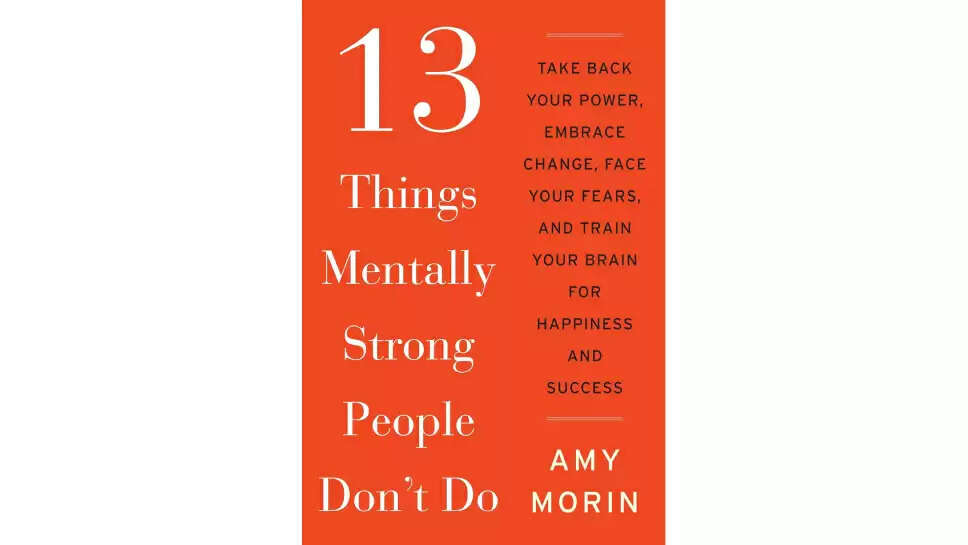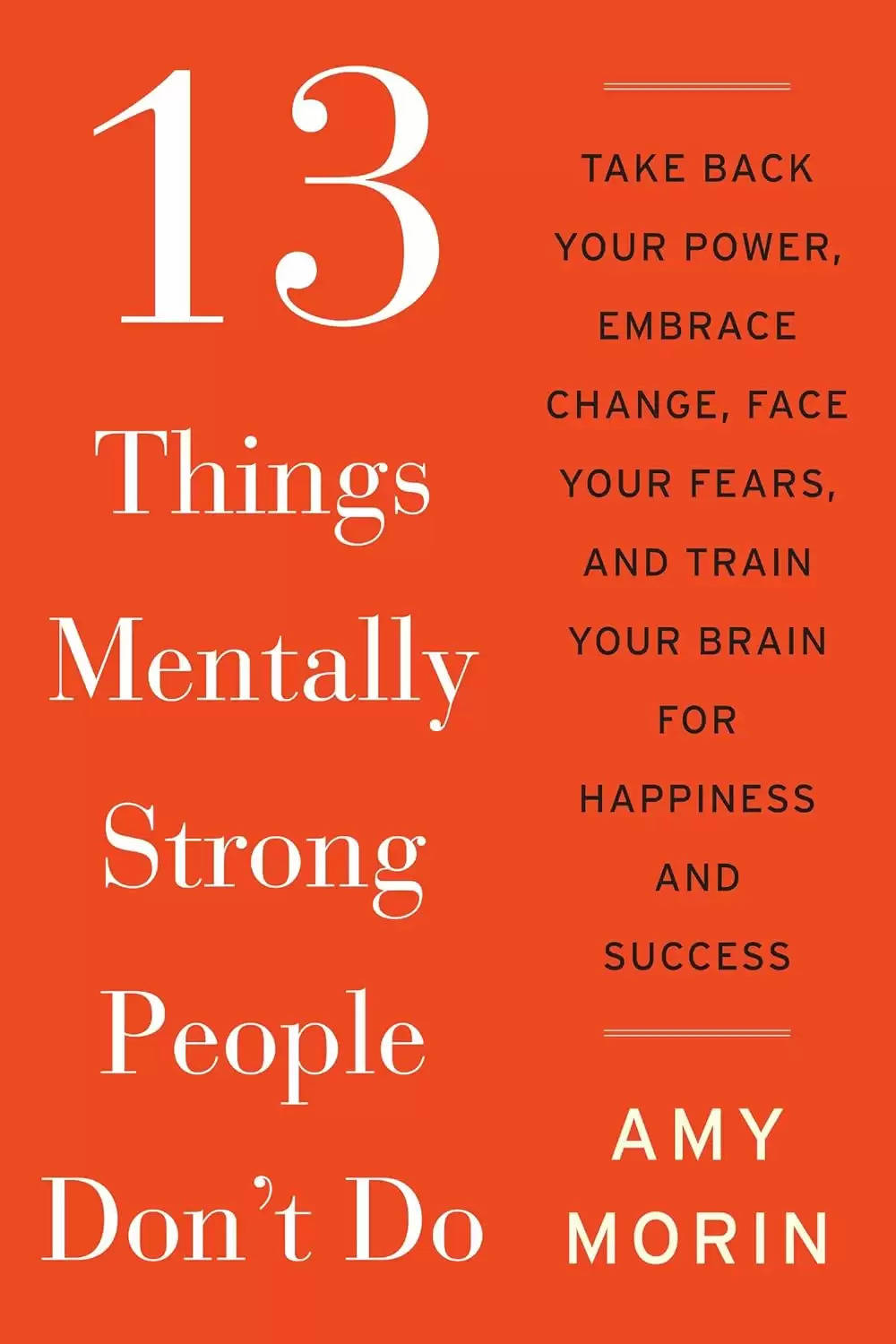7 Lessons from "13 Things Mentally Strong People Don't Do" by Amy Morin

The book "13 Things Mentally Strong People Don't Do" by Amy Morin is a great trove of tips on how to get and stay mentally strong. Although Morin gives a lot of useful information, there are seven lessons that stand out as being especially important. Here is more information about these lessons and how they can change the way you live your life.
1. Embrace Personal Responsibility
Taking full responsibility for your acts, thoughts, and feelings is an important part of having a strong mind. People with strong minds know that they can't always control what happens in the outside world, but they can control how they react to it. They don't put the blame on other people or outside events for their issues. They instead think about what they can change, which is how they act and think. This proactive attitude helps them deal with life's challenges better and gives them a sense of control and empowerment.
2. Cultivate Self-Awareness
Being aware of yourself is another important part of mental strength. Gaining a deep understanding of your own feelings, thoughts, and actions can help you make better choices and grow as a person. People with strong minds often think about their feelings and thoughts and figure out how these affect what they do. They're good at controlling their feelings, which helps them make smarter choices and deal with things in a healthy way. Being aware of yourself also helps you see and change any negative habits that might be stopping your growth.
3. Practice Resilience
Being resilient means being able to get back up after a failure and use it as a chance to grow. People who are mentally strong don't see problems as overwhelming obstacles, but as chances to learn and get better. When they face problems, they think about how to solve them by figuring out what went wrong and how they can change their plans for the future. They stay motivated and hopeful even when things get hard because they have this strong attitude. For them, setbacks are just a part of the journey, not the end goal. This helps them stay focused on the long run.
4. Avoid Dwelling on the Past
When you think about mistakes and regrets, it's easy to get stuck in the past. But people with strong minds know that focussing on the past is useless. These people instead think about what they can learn from the past and how they can use that to make the future better. They work on letting go of old grudges and focussing on the present and the future, which helps them learn from their mistakes. They can make the most of the chances they have now and move towards a better future because they are looking ahead.
5. Exercise Healthy Boundaries
Having good boundaries and sticking to them is important for mental health. People who are mentally strong know how important it is to respect themselves and be bold in their relationships and at work. It's not hard for them to be clear about their limits and standards. By doing this, they keep other people from taking advantage of them and keep their life in order. Setting healthy limits helps them keep their energy safe and put their own needs first, which is important for their mental and emotional health.
6. Stay Focused on the Present Moment
Being mindful and present are great ways to deal with worry and anxiety. People with strong minds choose to focus on the present instead of dwelling on the past or worried about what might happen in the future. Mindfulness methods that they use include deep breathing, meditation, and just noticing what's going on around them. Through focussing on the present, they lower their feelings of stress and become more calm and focused. They can handle present problems better and enjoy life more fully because they do this every day.
7. Embrace Change and Adaptability
Change is going to happen, and people with strong minds are ready for it. They don't see change as a threat, but as a chance to grow. They can handle changes in their lives more easily and take advantage of new chances when they come up. They don't fight change or be afraid of the unknown; instead, they are open to it and ready to adapt. This way of thinking not only helps them deal with uncertainty, but it also encourages them to keep growing as people and as professionals.
You may strengthen your mind and build resilience in many areas of your life by applying these seven lessons from Amy Morin's book. Developing a robust, flexible, and optimistic attitude requires accepting responsibility for one's actions, increasing one's self-awareness, strengthening one's resilience, letting go of the past, establishing healthy boundaries, maintaining attention on the here and now, and welcoming change. With these doable tips, you may face life's challenges with more poise and assurance, paving the way to a happier, more balanced existence.

Book: https://amzn.to/3WYjNn5
--
-- Class Dismissed --
You Might Also Like: 7 Lessons from "The Power of Positive Thinking" by Dr. Norman Vincent Peale
